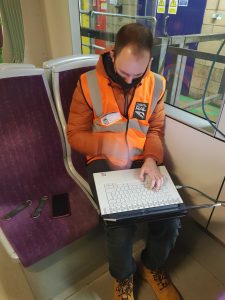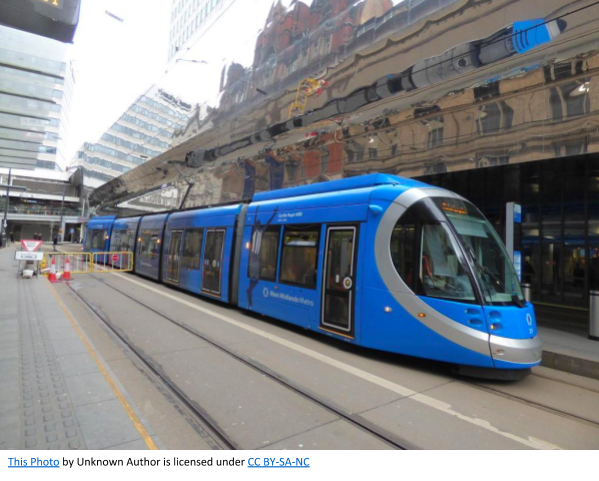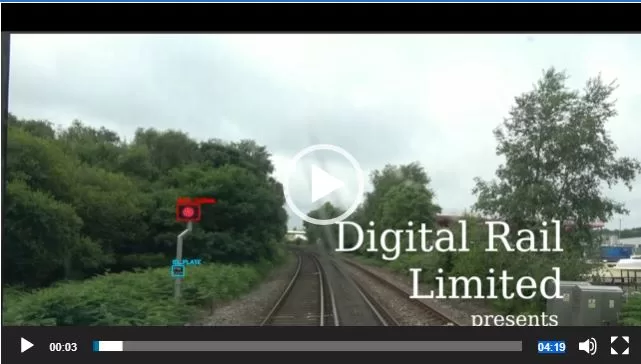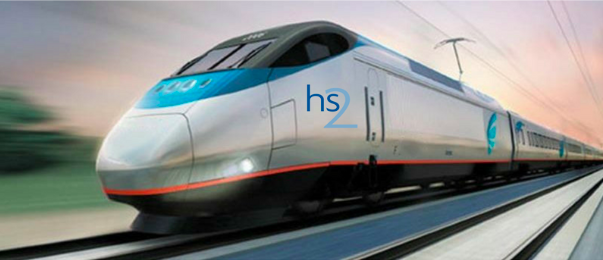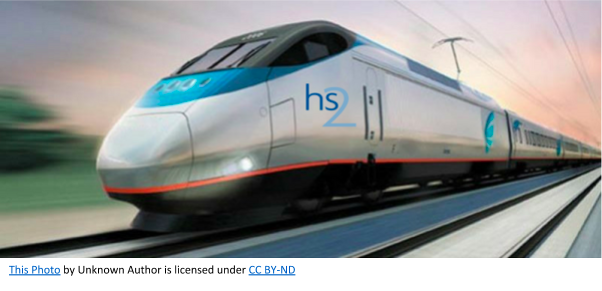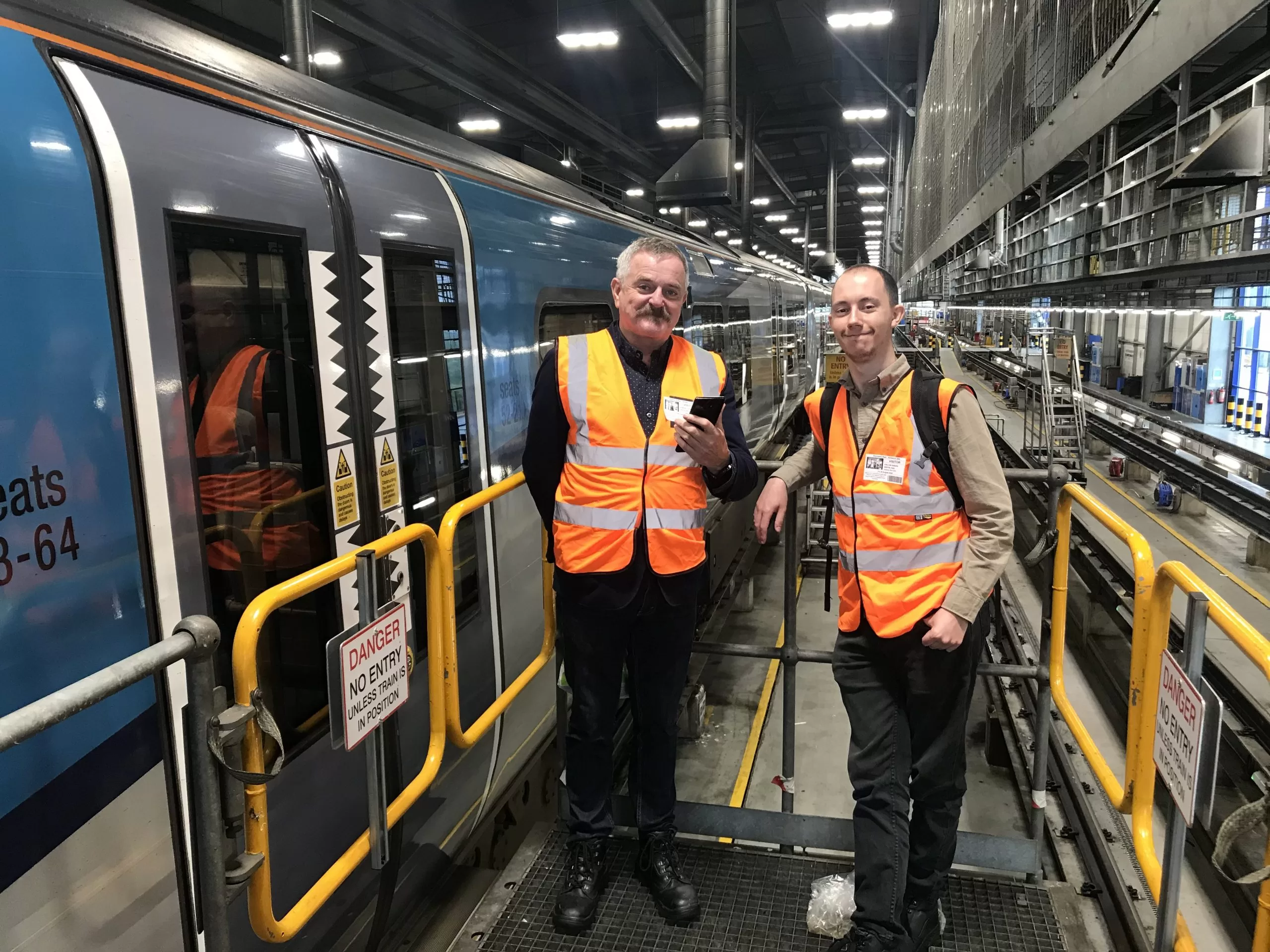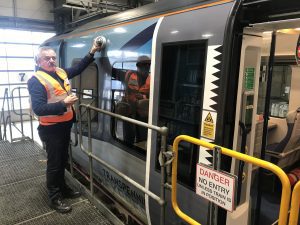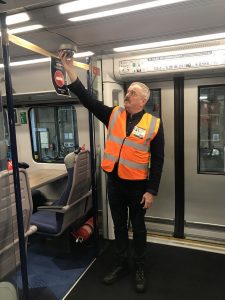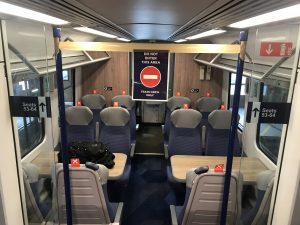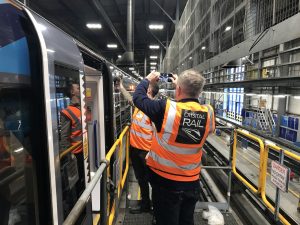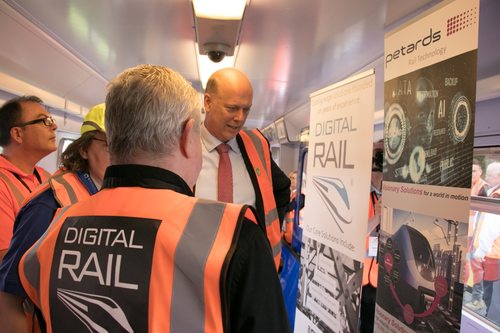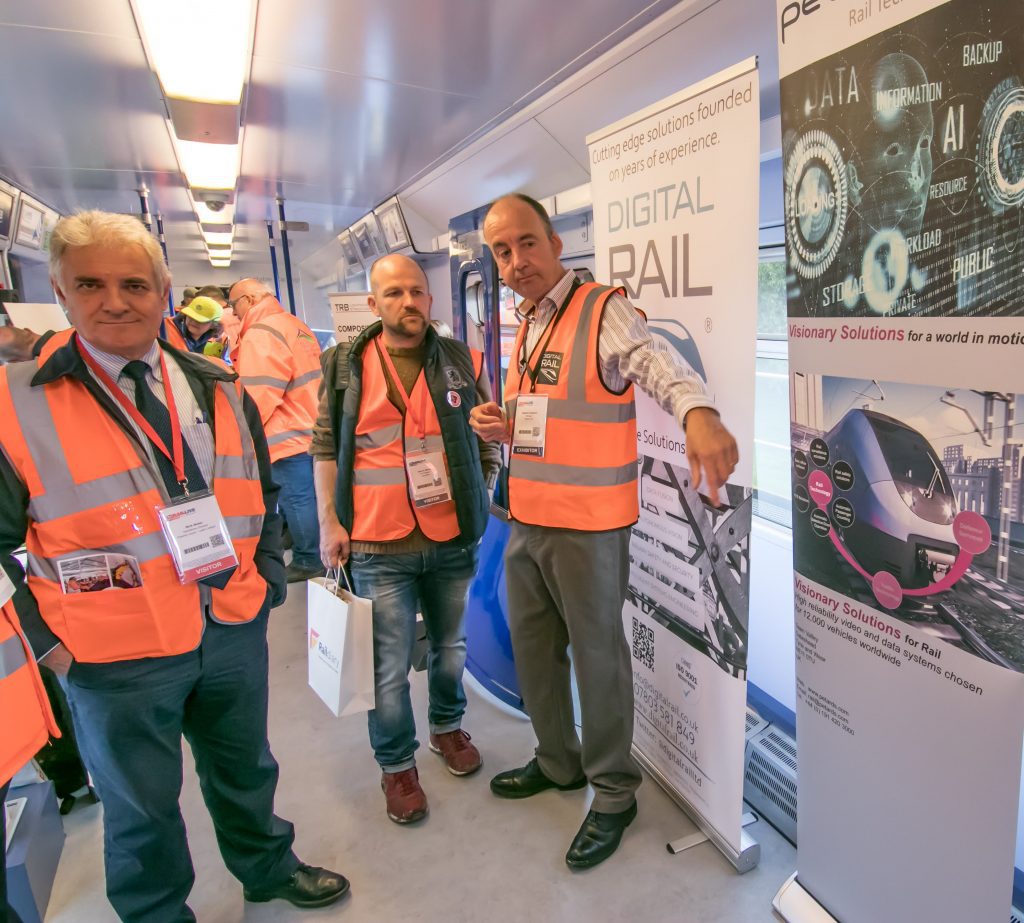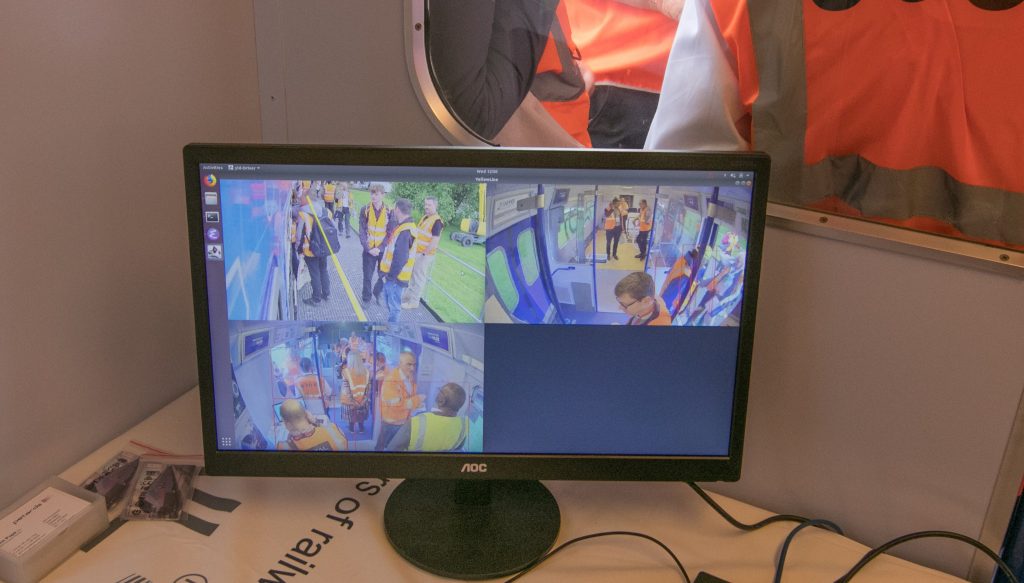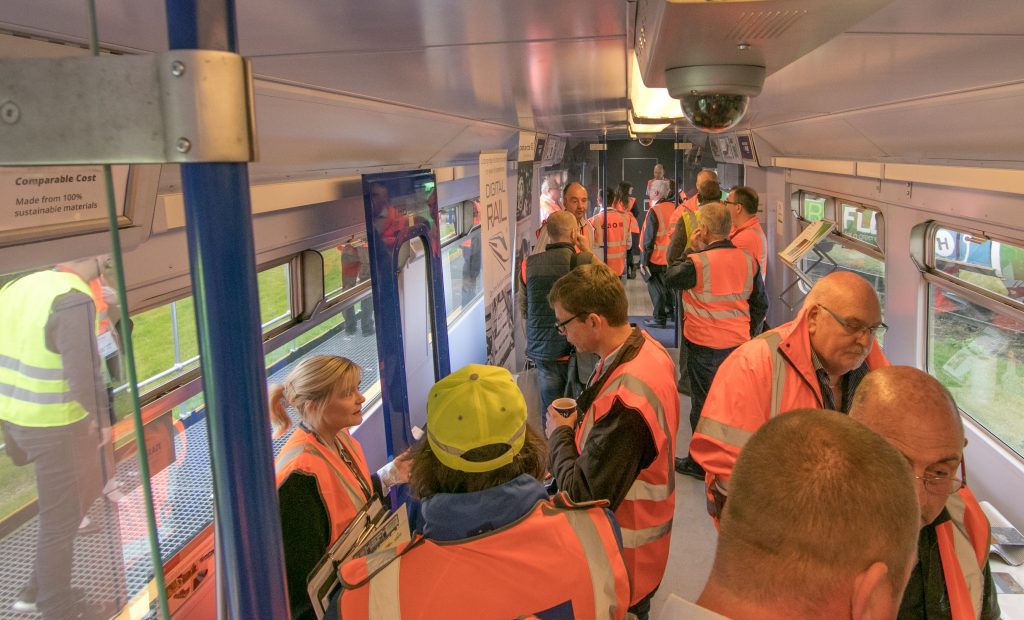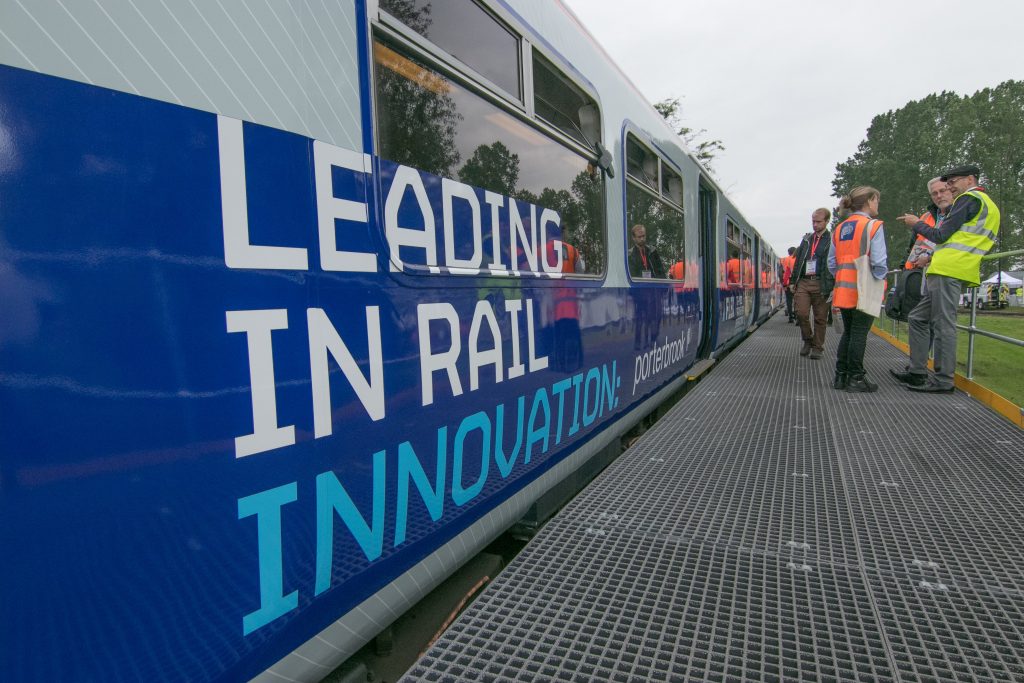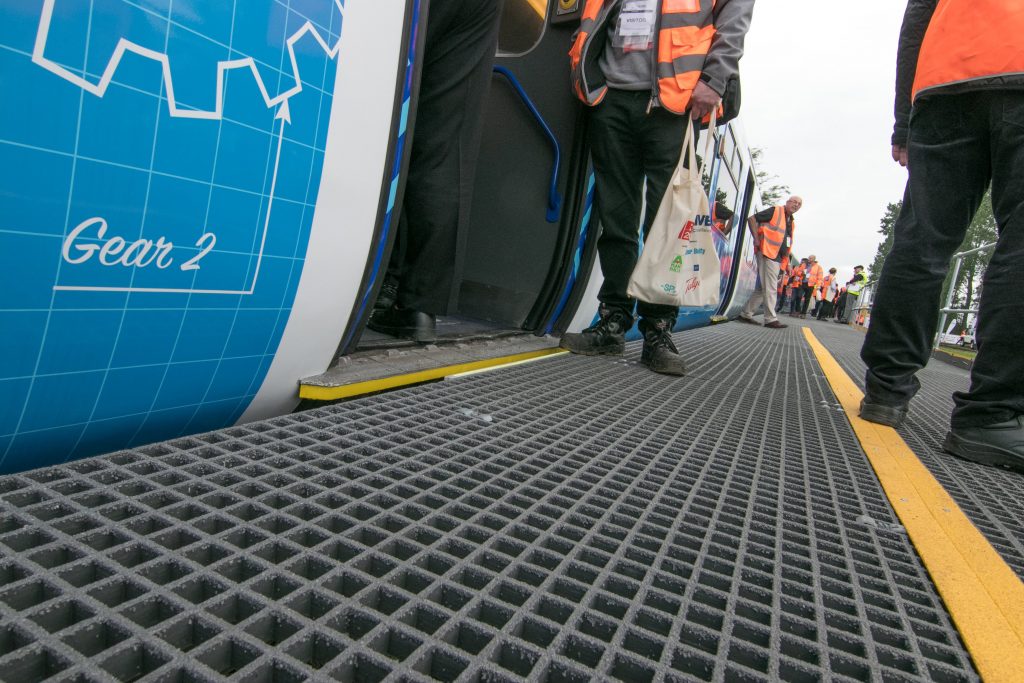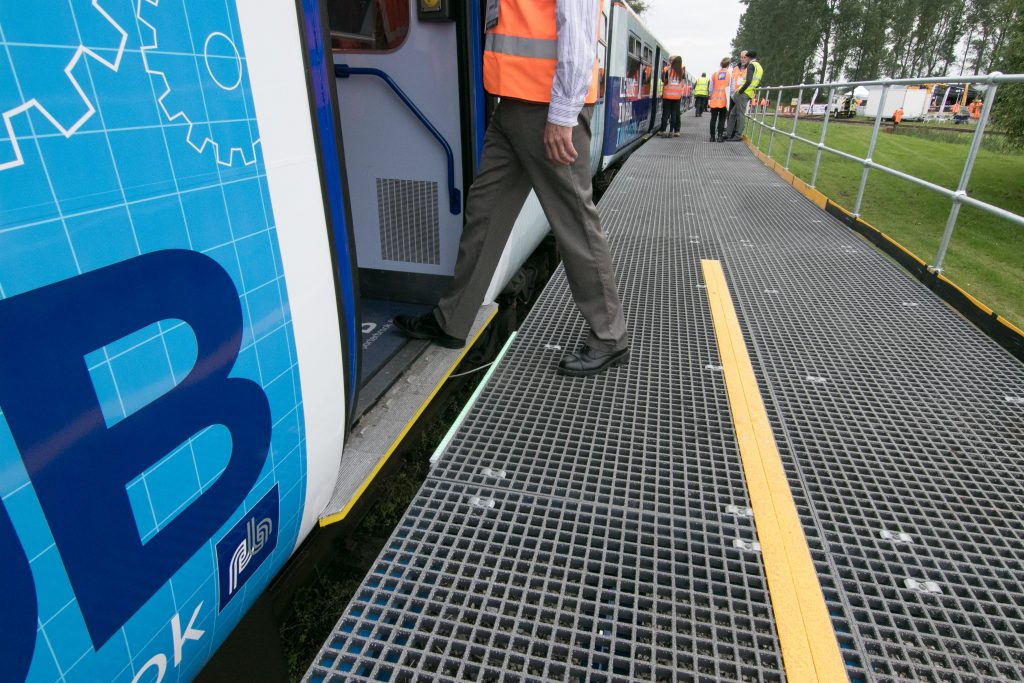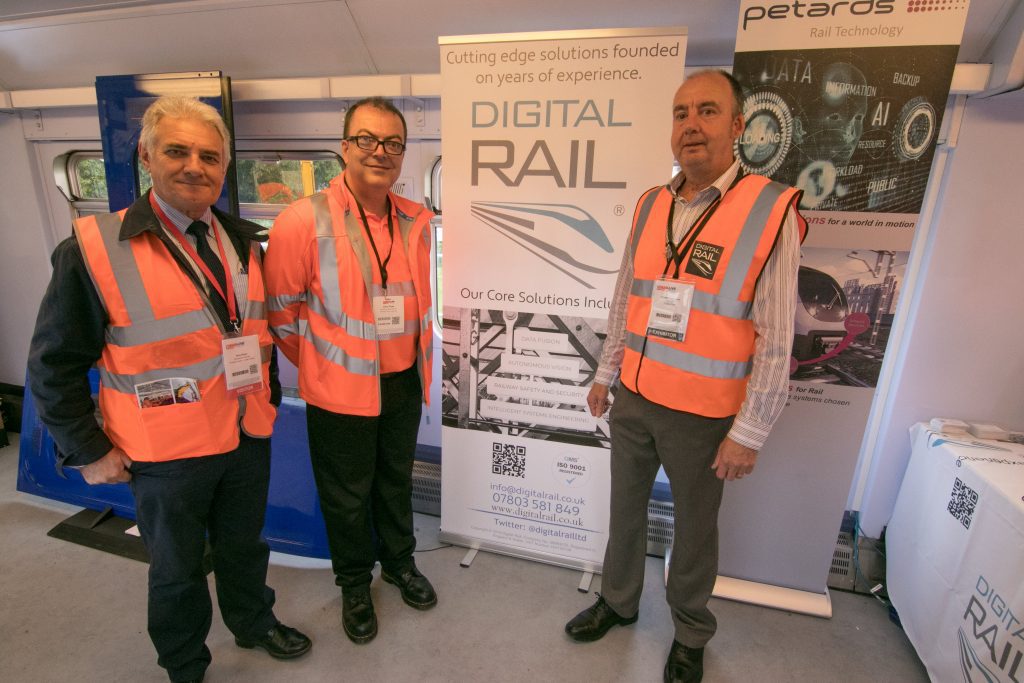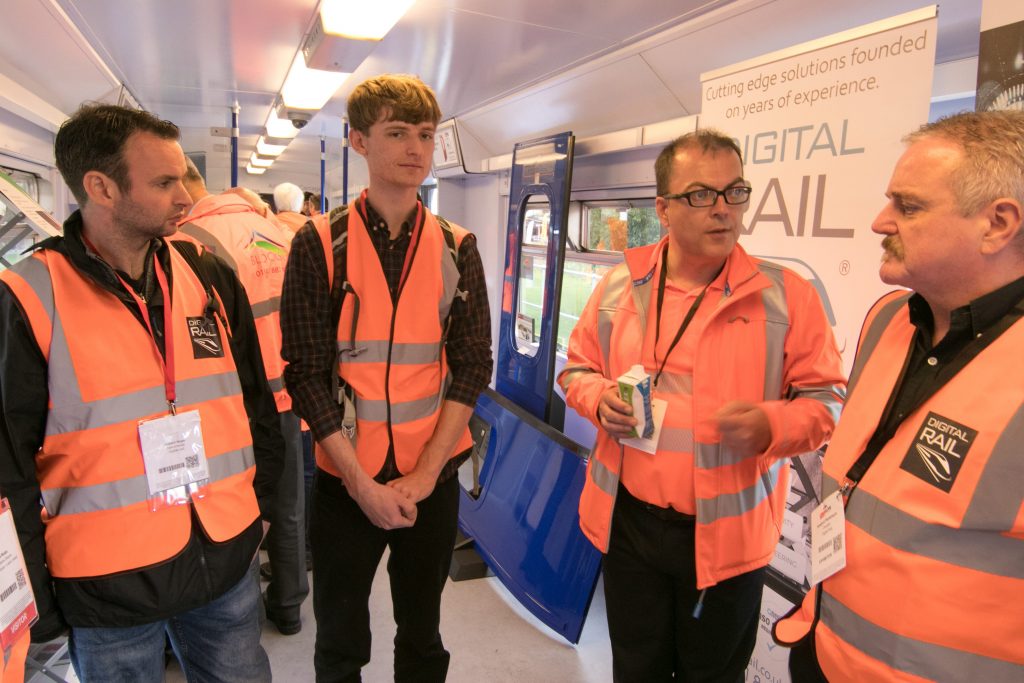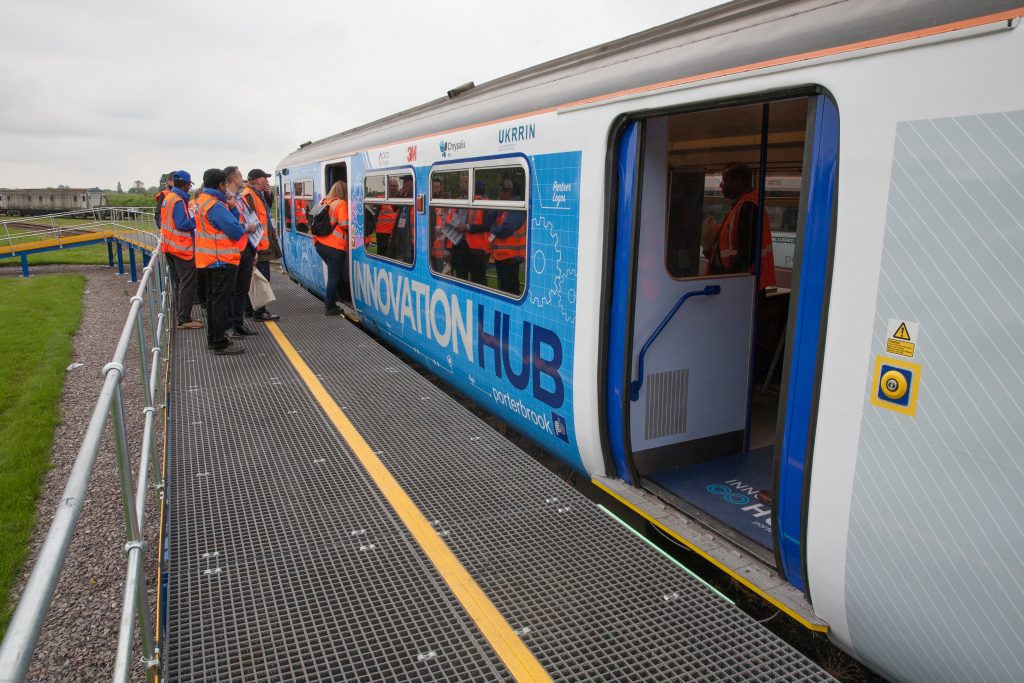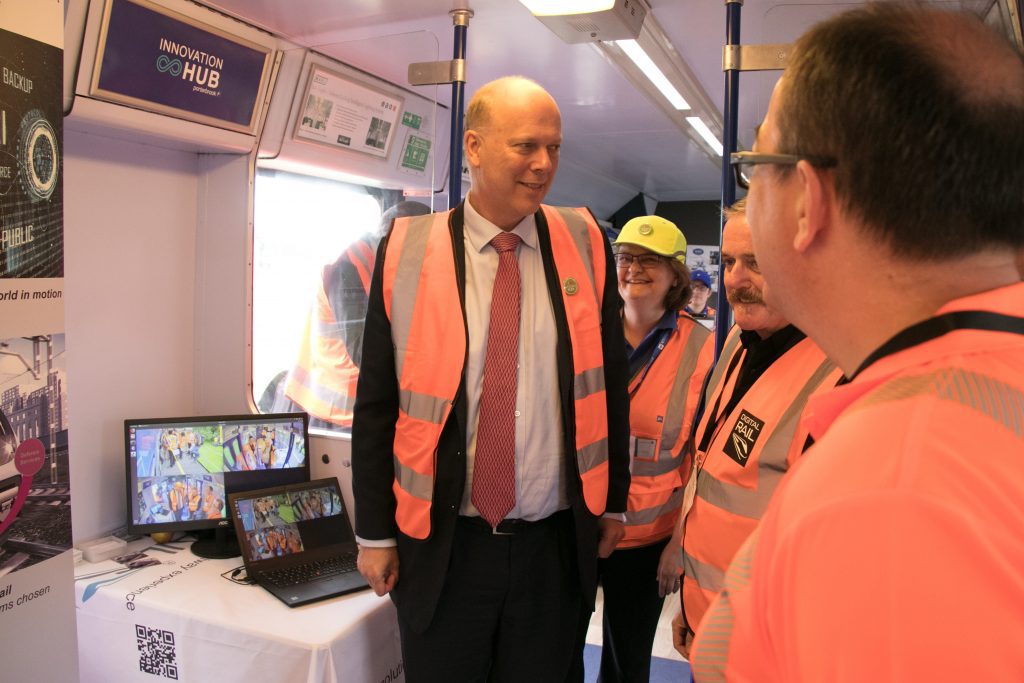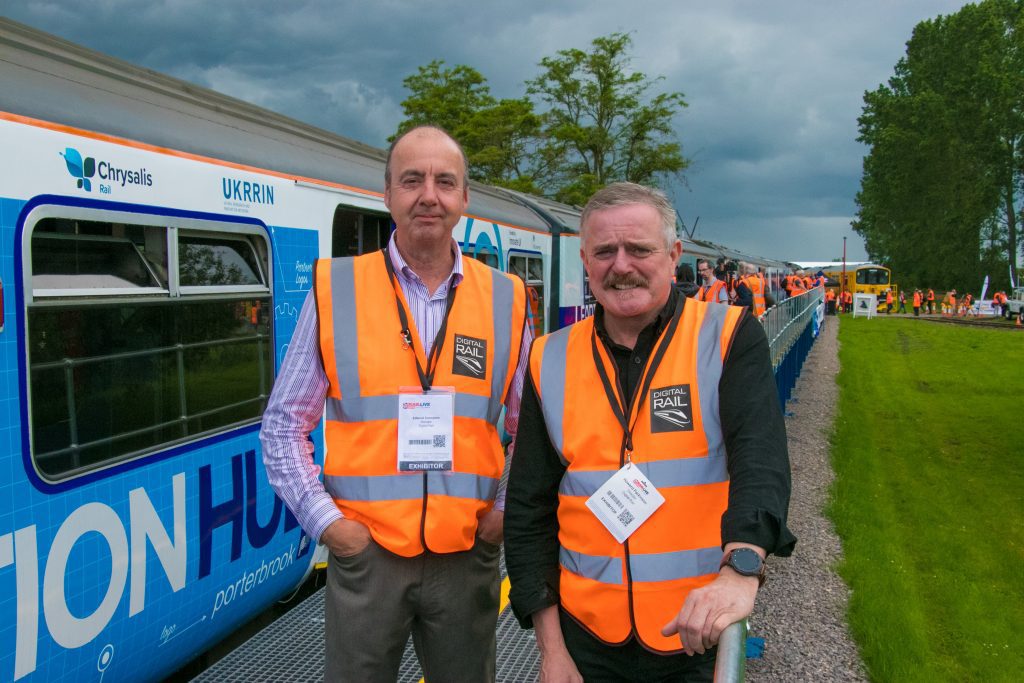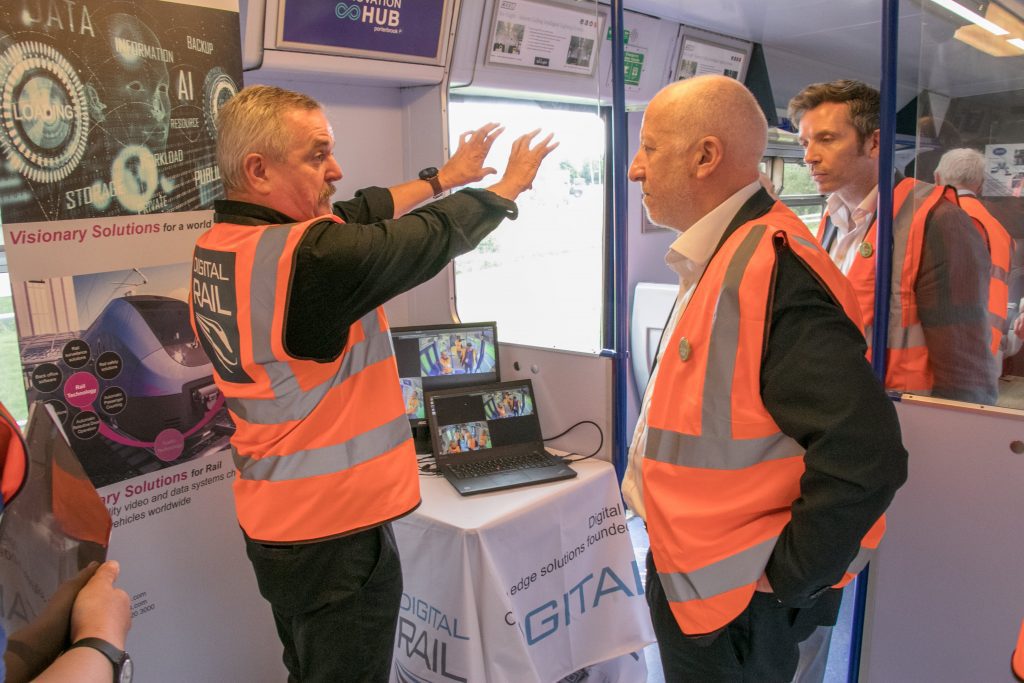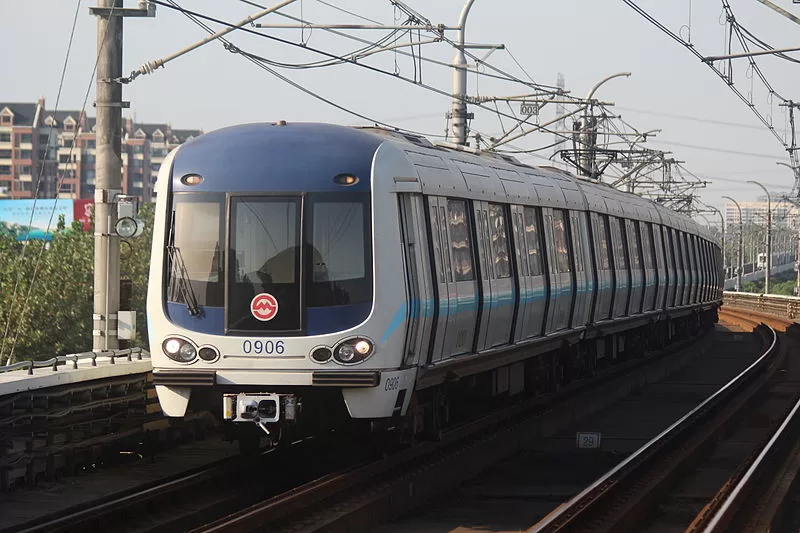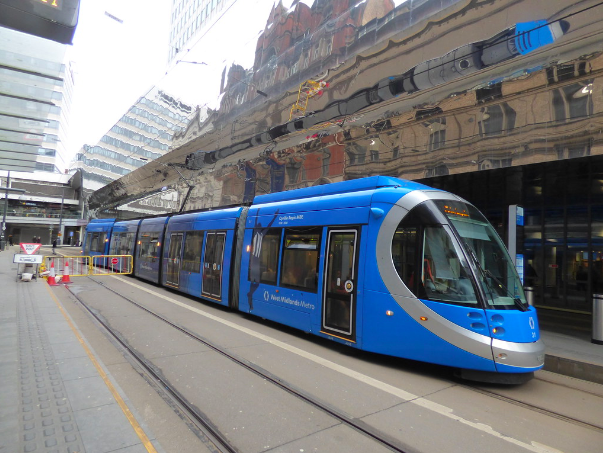

Collaborators – Digital Rail (Lead Partner), Icomera, Classone Systems, and Midland Metro Limited
Currently, trains and trams across the UK suffer from a number of potential safety risks, which are begin compounded through the rise of automation on services.
For instance, if sensor detecting doors fail, they have the potential to cause trap-and-drag incidents and there is not always a staff member on hand to help with this potentially dangerous situation.
Some of the greatest inefficiencies are most evident to those who require extra assistance in boarding public transport, where there is often an expectation that they should have booked in advance to ensure staff are available to assist them.
Tram Safety is a project operated by Digital Rail, which is aiming to provide a cutting-edge CCTV Video analytics system can automatically alert staff.
Able to be retrofit to existing CCTV systems, Tram Safety can detect safety and accessibility issues, such as trap and drag incidents or when a passenger who needs assistance has arrived at a platform. Where an issue may arise, the programme sends an alert to staff, who receive a live video stream over the 5G network, straight to their device.
The project will also look to deliver improvements in general accessibility for all passengers, with the potential to superimpose lights into the floors of the station, which can be used for directions to lifts, platforms and any other areas of the station. This is a unique feature of the project that will have positive impact on all passengers looking to navigate through the station, which can be particularly difficult when busy.
The project will also look to resolve security issues, including unclaimed bags left on transport, or if a passenger takes the wrong luggage. It can provide Yellow Line Alerts to drivers and improved business information for operators and authorities.
The level of connectivity provided by Tram Safety would have previously been unachievable with 4G technology, but now, thanks to 5G’s low latency, higher bandwidth and capacity, greater safety is very achievable. The vast amounts of data that need to be processed is bandwidth intensive, especially for upload. The low latency facilitates the instantaneous alert of the staff members towards a situation that needs assistance, something 4G technology simply didn’t allow.
The project will take place over nine months, during that time the technology will be fully developed and integrated within the systems, prior to its deployment onto West Midlands Metro trams for comprehensive testing.
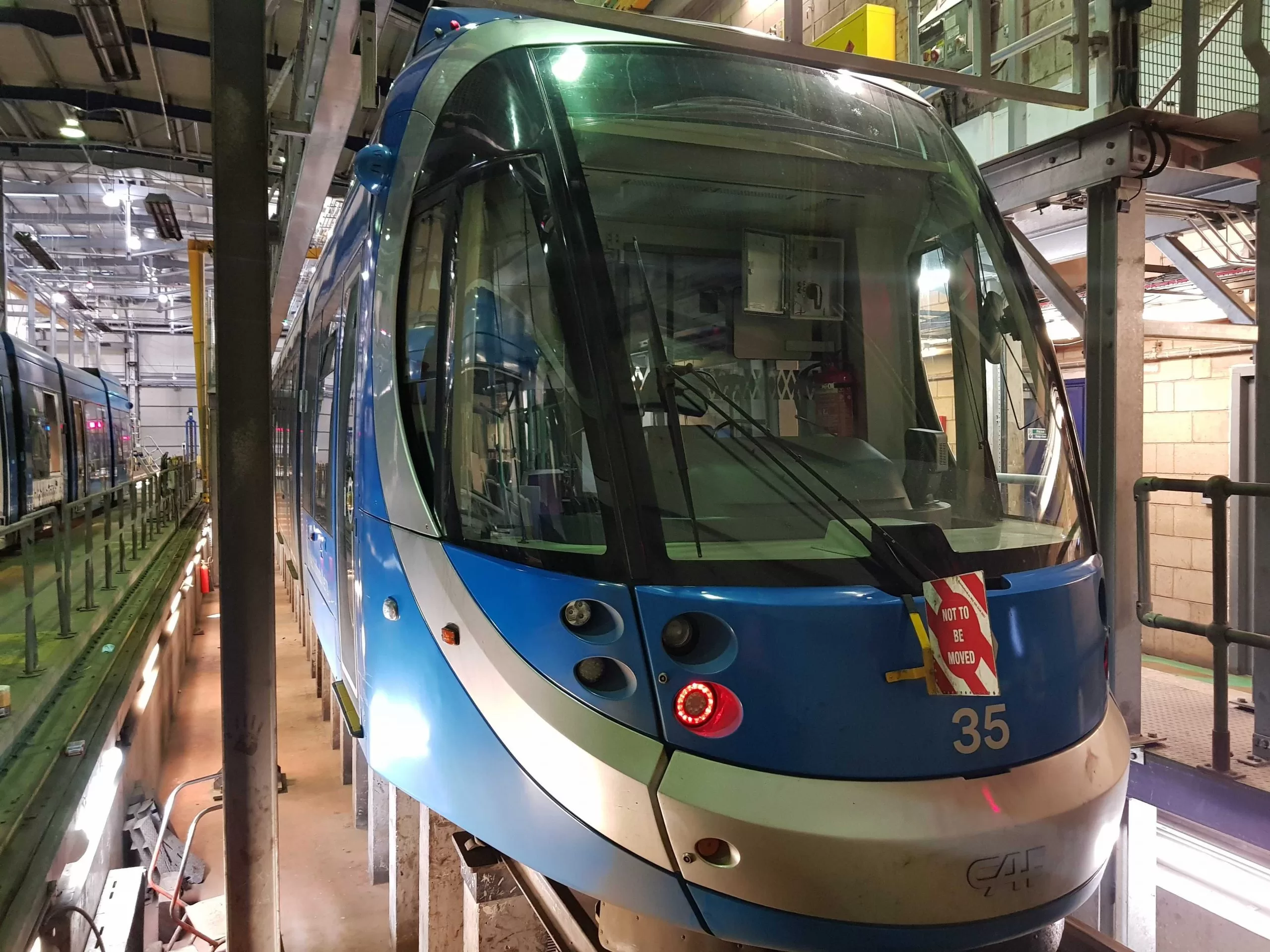
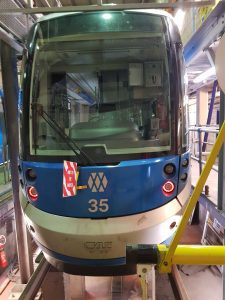 We were down at Midland Metro Limited depot yesterday uploading our Machine Vision software onto Tram 35. Tram 35 has been 5G enabled by Icomera as part of the West Midland 5G project. Our Machine Vision system “RailSight(R)” uses Convolutional Neural Networks to
We were down at Midland Metro Limited depot yesterday uploading our Machine Vision software onto Tram 35. Tram 35 has been 5G enabled by Icomera as part of the West Midland 5G project. Our Machine Vision system “RailSight(R)” uses Convolutional Neural Networks to
